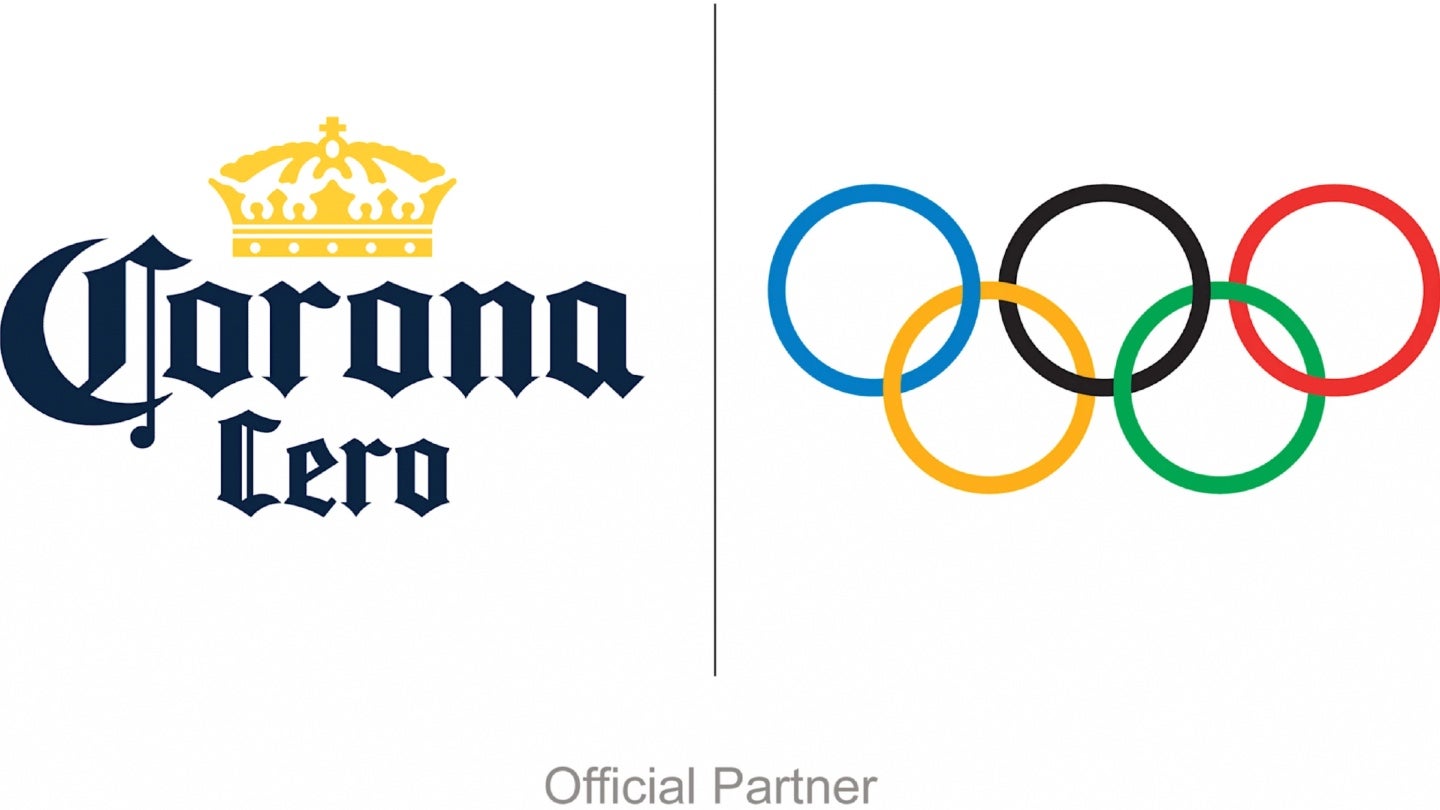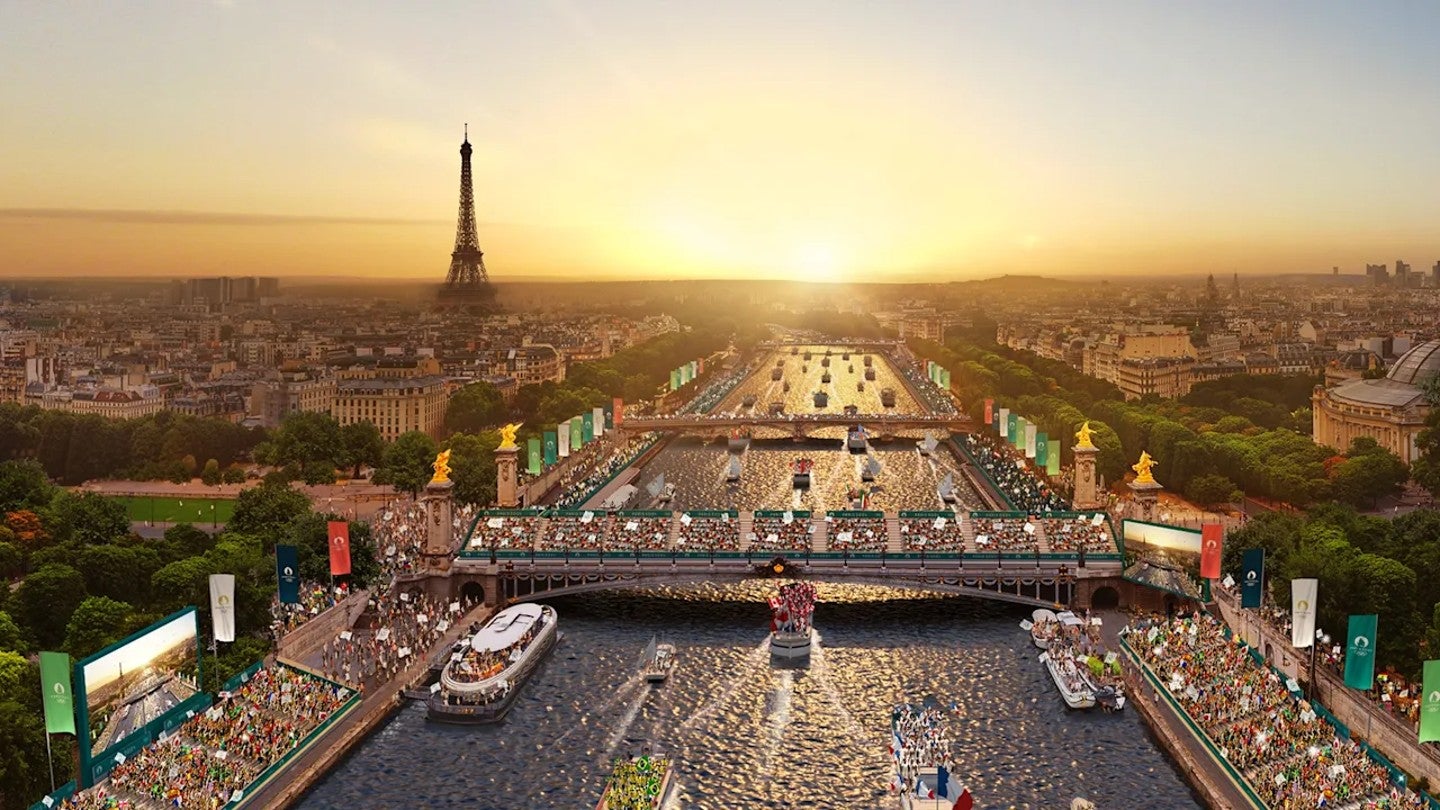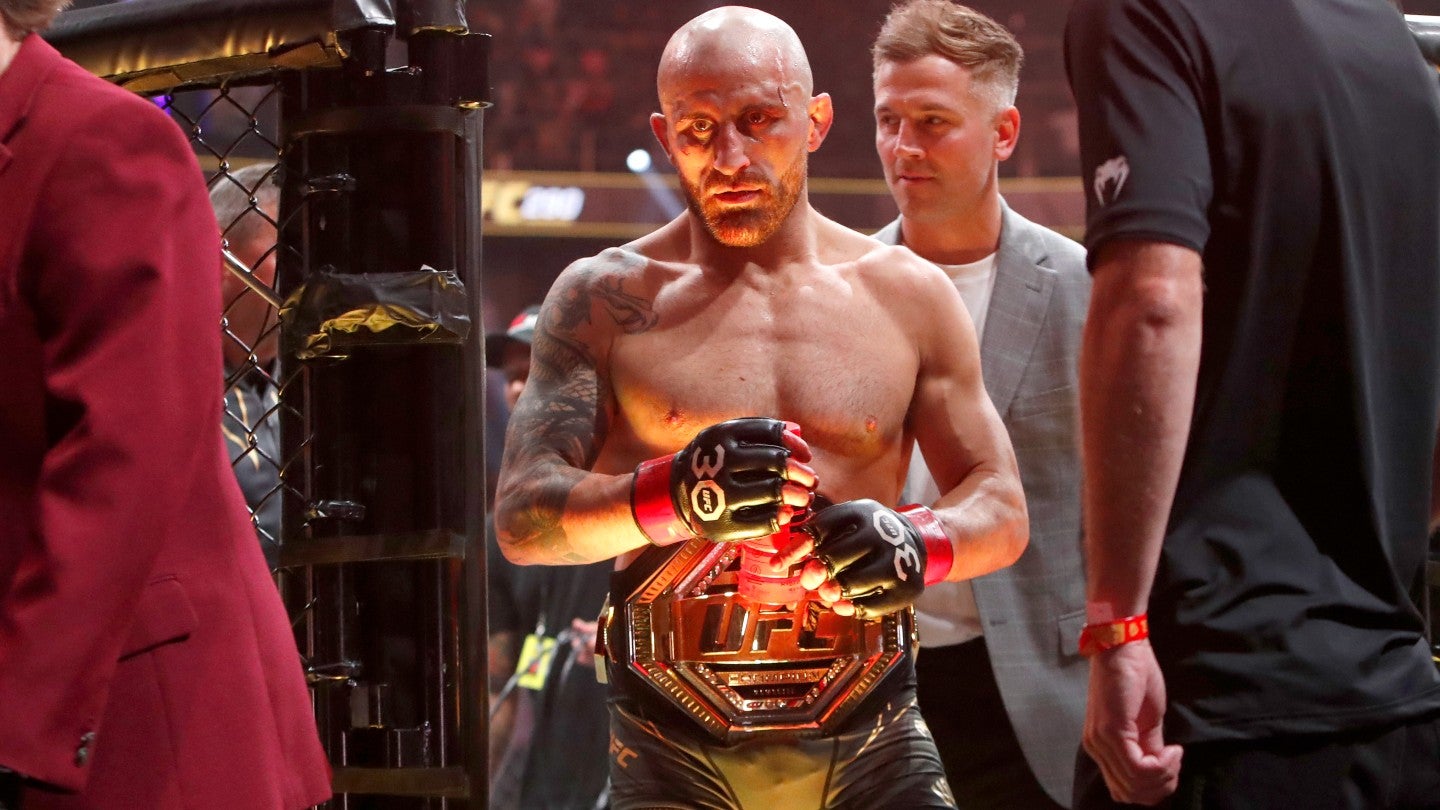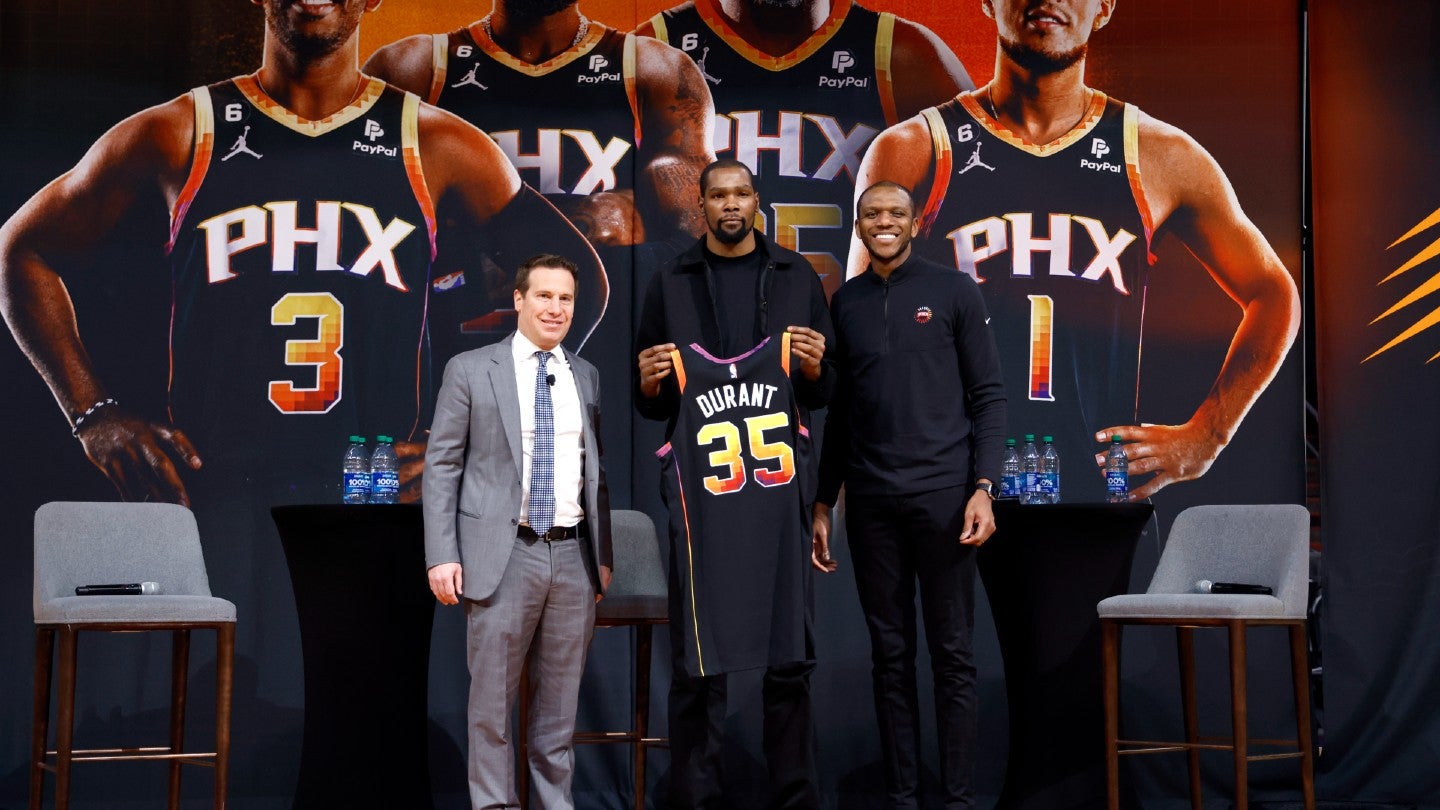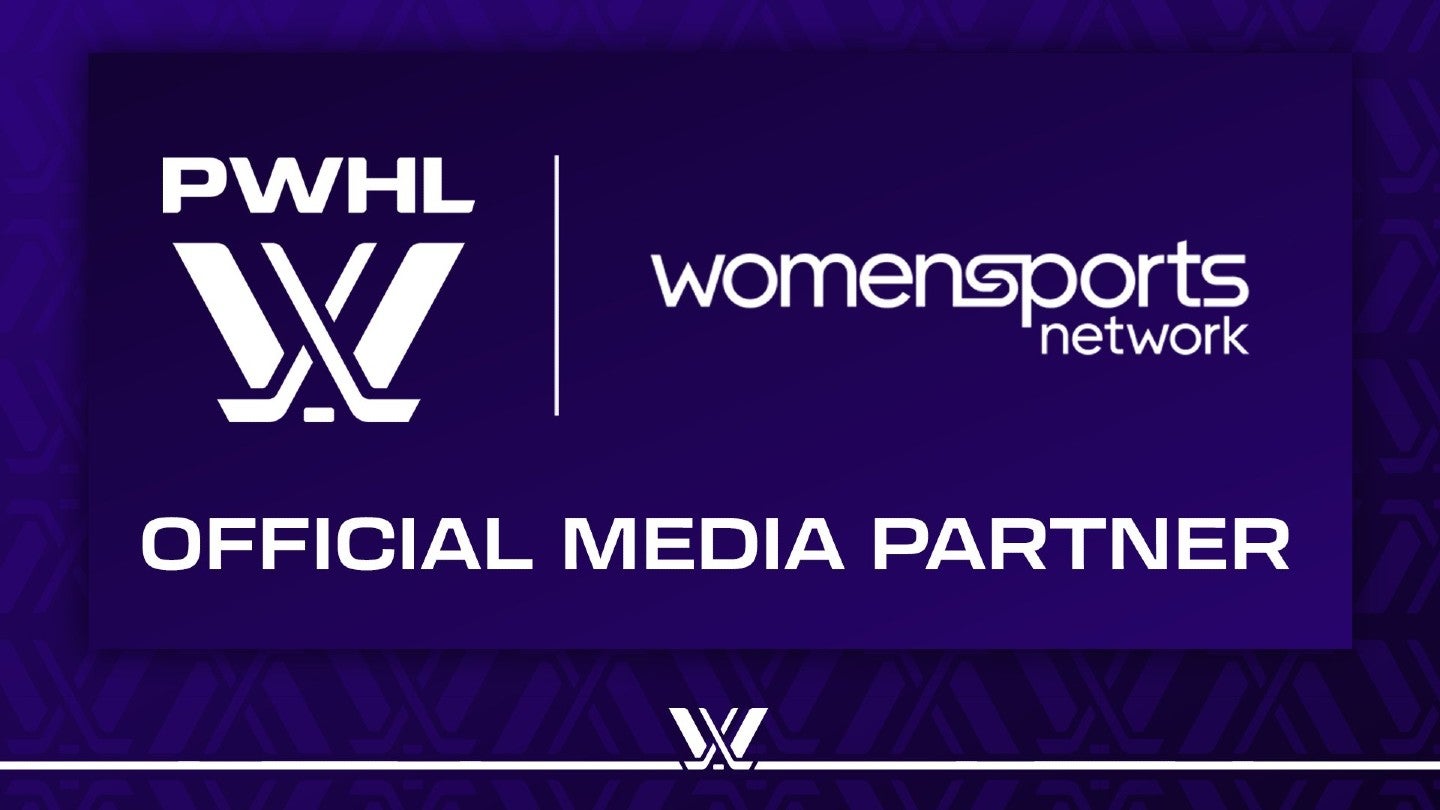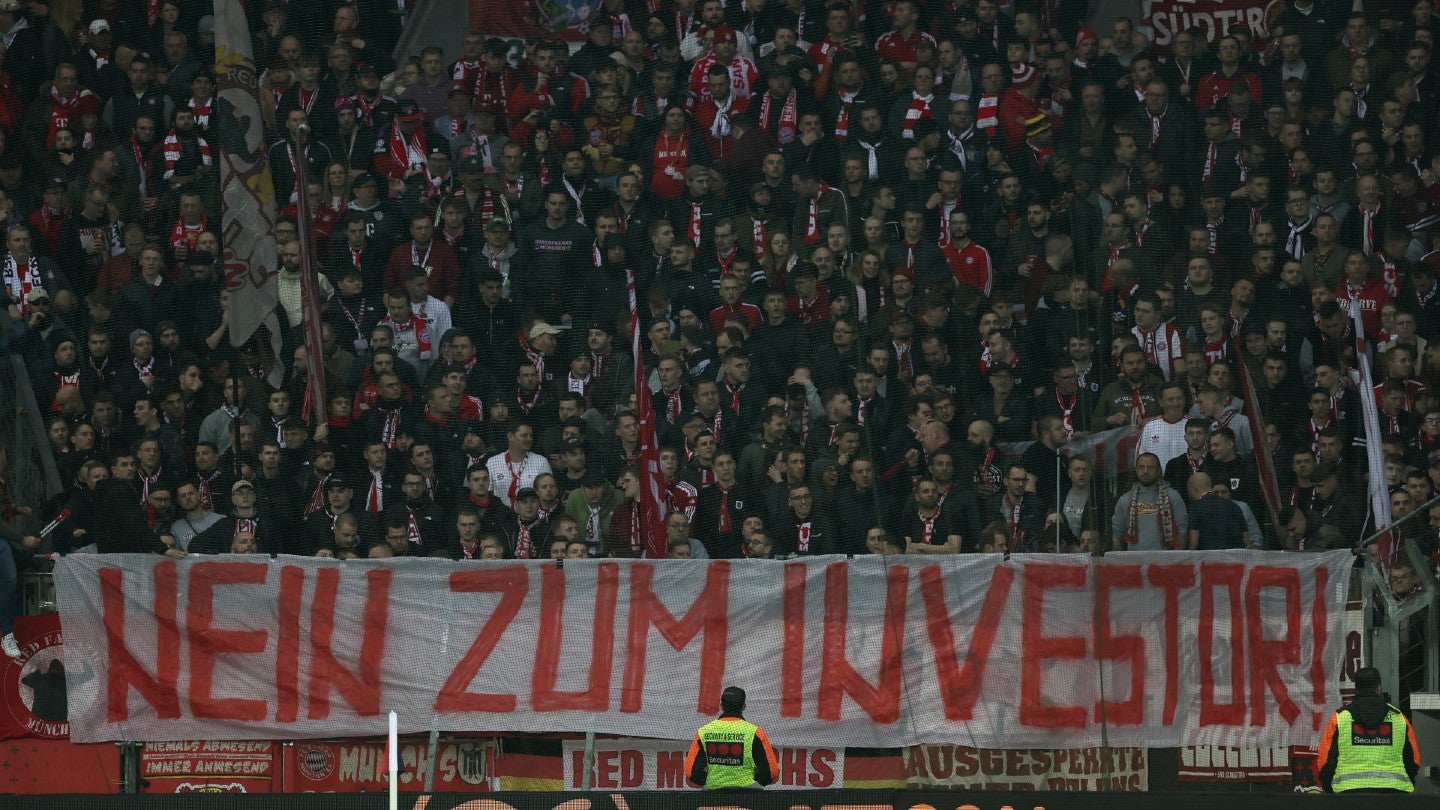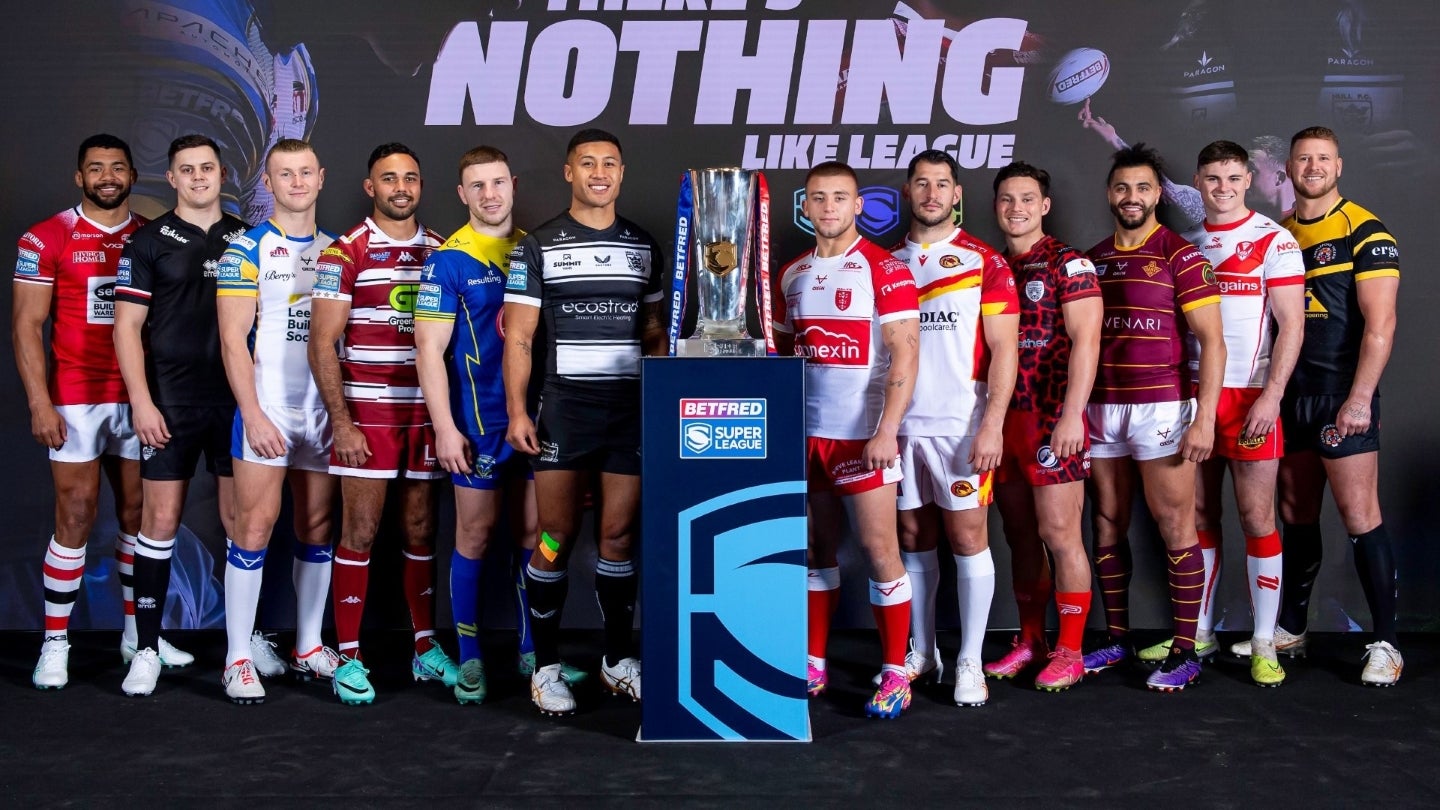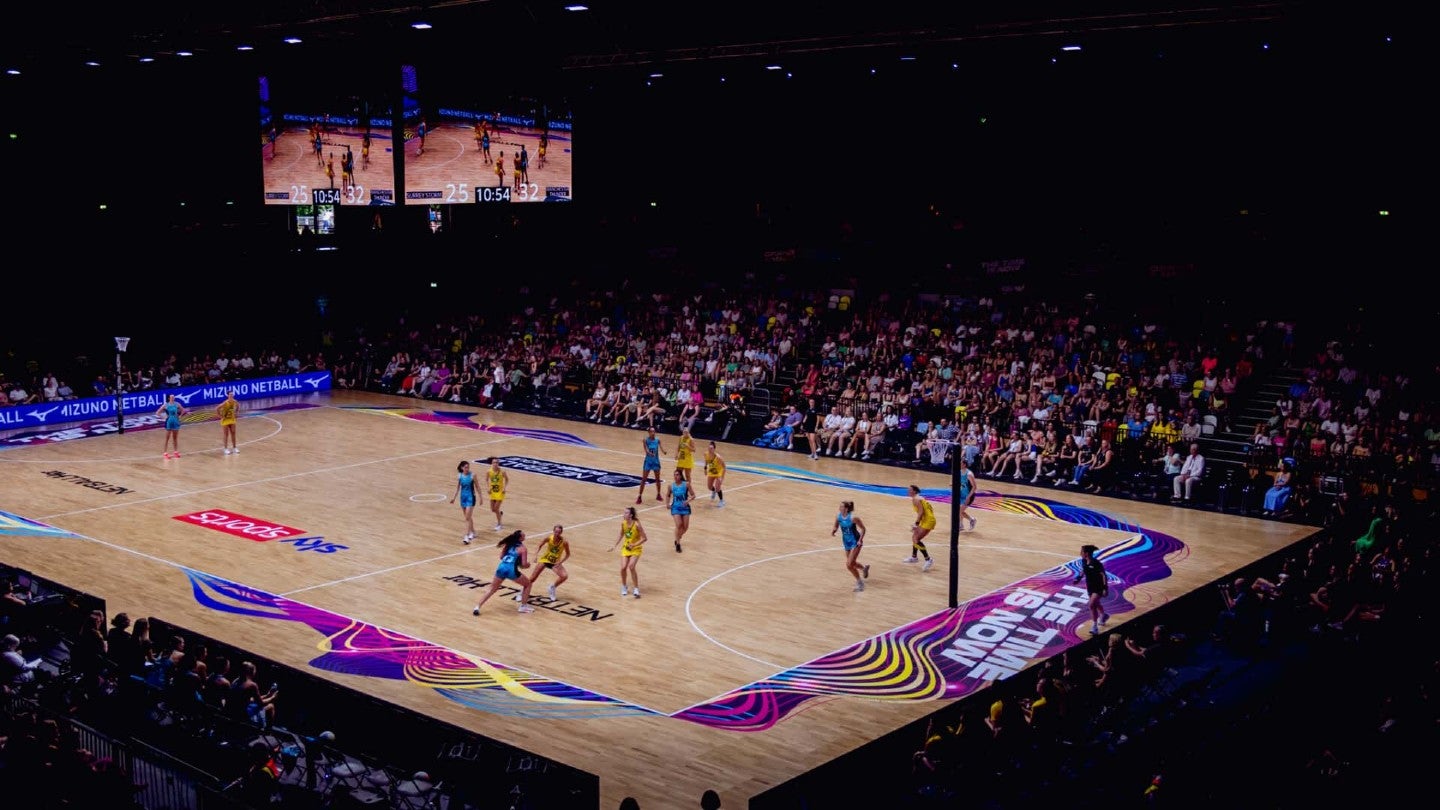In mid-January, the International Olympic Committee (IOC) unveiled a multi-year commercial partnership with global drinks conglomerate Anheuser-Busch InBev (AB InBev).
AB InBev has become a worldwide Olympic partner, part of the TOP (The Olympic Partners) partner program, which is the highest level of Olympic sponsorship. This represents the IOC's first TOP partnership with an alcohol-centric firm.
The deal, however, entails AB InBev, through its no-alcohol Corona Cero brand, partnering with the Olympic Games through to 2028. This partnership will cover the next three editions of the event - Paris 2024, Los Angeles 2028 (LA28), and the 2026 Milano-Cortina Winter Olympic Games.
Further to Corona Cero leading the partnership globally, in the US, AB InBev’s Michelob Ultra light beer brand will support the Los Angeles event through the tie-up.
The other IOC TOP partners are as follows: Airbnb, Alibaba, Allianz, Atos, Bridgestone, Coca-Cola/Mengniu, Deloitte, Intel, Omega, Panasonic, P&G, Samsung, Toyota, and Visa.
Following the announcement of the IOC bringing a new TOP partner on board for the first time since Deloitte in April 2022, Sportcal (GlobalData Sport) spoke to Anne-Sophie Voumard, managing director of marketing and television services at the governing body.
The Olympic Games had never previously partnered with a beer brand, mainly due to internal rules against the promotion of alcohol companies. This has led the partnership to be globally centered around Corona Cero, and locally centered in the US around Michelob Ultra, which is low-calorie.
Through the IOC’s partnership with the International Paralympic Committee (IPC), meanwhile, the AB InBev partnership will also include marketing rights for IPC events through 2028.
Voumard touched on the reasons the IOC selected AB InBev as a partner, how the deal will be activated, and how the overall sponsorship picture for Paris 2024 is currently looking.
What was it about AB InBev that made the IOC conclude it would be a good partner?
“Several things appealed to us, including their vision and values, we share a common vision of bringing people together. we felt there was a real alignment there.
“Their social responsibility commitments are really interesting, shown by the brand they decided to push forward, their commitment to the idea of smart drinking.
“The partnership will be based around moderation, which we felt was a good alignment on our side. there is also alignment on sustainability.
“In the industry, while normal alcoholic beer is gaining sales traction, in this case, what was appealing for us was they wanted to push forward Corona Zero as their flagship brand. They wanted to bring it to life in sponsorship activations - and like I said, for us it’s a good, positive, brand fit.
“They now want to push the no-alcohol brand across the globe.
“We haven’t yet gone into detail on which brand will be the focus at Milan-Cortina [the 2026 Winter Olympics], but I’m expecting that it’ll be Corona Zero pushed forward across most markets."
How does the deal work within the framework of the existing TOP program for the IOC?
“We have a mix of different TOP partners in different product categories and representing different industries. we work with all of them in a bespoke way.
“This deal is a real testament to the strength of the TOP program - having the world's no.1 brewer partnered with the world's no.1 sports sponsorship program, for us, it’s a perfect match.
“With each partner we sit down and work out how best we can provide a return on investment, on a case-by-case basis, looking at the uniqueness of their product categories. I’m certainly very comfortable with how they sit together.
“We’re constantly looking at evolving the TOP program, those conversations are always ongoing.”
Specifically. how will Corona Cero's Paris 2024 partnership co-exist with the Tourtel Twist no-alcohol beer deal unveiled last September?
“Everything we do with AB InBev is within the existing contractual framework of every partner already on board with Paris 2024, so there’s a lot of conversations happening right now. We’ll know more as we get closer to the games about how that partnership will be deployed across the globe depending on the markets they are most ambitious about activating in.
That’s why the AB InBev deal will focus predominantly on certain territories."
Does the timing of the announcement - with less than six months to go until the start of Paris 2024 - put pressure on event organizers about activation?
“It’s very usual for partners to join mid-Olympiad - even though we might wish we could announce all the deals at the beginning of each cycle, this is nothing new for us to handle.
“It focuses everyone very closely to Paris, that’s for sure, but nothing unusual.”
What is the current situation with the Paris 2024 sponsorship program?
“Paris 2024 certainly has a very robust sponsorship program at the moment, that’s still ongoing and they’re close to the eventual target - we do expect them to reach the target, or at least come as close as possible to reaching it. There are some ongoing conversations, and they’re already at well above 90% of their expected sponsorship numbers. So, there are only a few slots to go.
“They’re absolutely on target and we’re talking about the very few last deals that need to be ironed out. The program currently looks very robust and comprehensive.
“Each partner has its bespoke product category, based on their category and their activation levels, we find opportunities for all our partners to find their space where they want to put emphasis. I don’t see this as being different from any other partnership in that respect."


